Khabar Khair (Only Good News) – Abdul Jalil Al-Salami
In a market that has been dominated by cash for ages, electronic wallets in Yemen are experiencing modest growth, compared to electronic monetary developments at the Arab, regional and international levels.
The liquidity crisis – by local currency – has prompted local banks and some exchange companies conglomerates and private sector companies to launch electronic wallets – electronic cash – which was encouraged by the Central Bank with an adequate infrastructure.
There are many electronic wallets in the local banking market, including: Mobile Money, Floosak, and M floos, and Bias, in addition to “Financial Tamkeen “, which is owned by twelve local exchange companies.
The World Bank report indicated that large Yemeni banks’ participation, in M floos service owned by Al-Kuraimi Bank, Floosak owned by Yemen Kuwait Bank, and Mobile Money owned by CAC Bank, created a momentum for moving to electronic payment systems.
Electronic wallets are electronic payment systems using a smartphone app or similar device app feature called after the name of the service, through which financial transactions such as transferring money, payments, make online or in-store purchases from global websites using cell phone, deposits, and withdrawals are made.
Examples of current electronic money are credit cards, and corporate values.
Many studies stress the importance of expanding access to various financial services, and their role in improving opportunities for economic growth and improving incomes of individuals.
Online payment services are currently one of the most important means of integrating the poor into the financial system, or what is known as financial inclusion, moreover the World Bank supports this service as it allows the opening of accounts without a minimum and with limited fees.
It also supports the spread of mobile phone use, its networks and its coverage of most regions which promotes successful online payment, corresponding to limited expansion of banking services and their lack of access to remote areas.
Raed Al-Saqqaf (marketing expert) believes that banks investing in electronic riyal or electronic wallet, need to market their services by creating a new culture, ways, and approaches for marketing as they compete with dealing in cash and its culture for hundreds of years.
The National Wallet Company announced launching the first specialized platform for making electronic money in Yemen, of investors in financial technology, owned by 11 Yemeni banks and a group of private sector companies that have a network of more than 100,000 retailers and direct and indirect distributors.
Electronic wallet services help in providing an alternative solution to address monetary instability, to help more than 90% of Yemenis with no bank accounts.
Electronic money is issued with a value equal to the currency of the issuing country under rules controlling the issuance process to protect the country’s currency, and parties not concerned with monetary policy should not tamper with it or affect the value of the currency due to the electronic cash issuance.

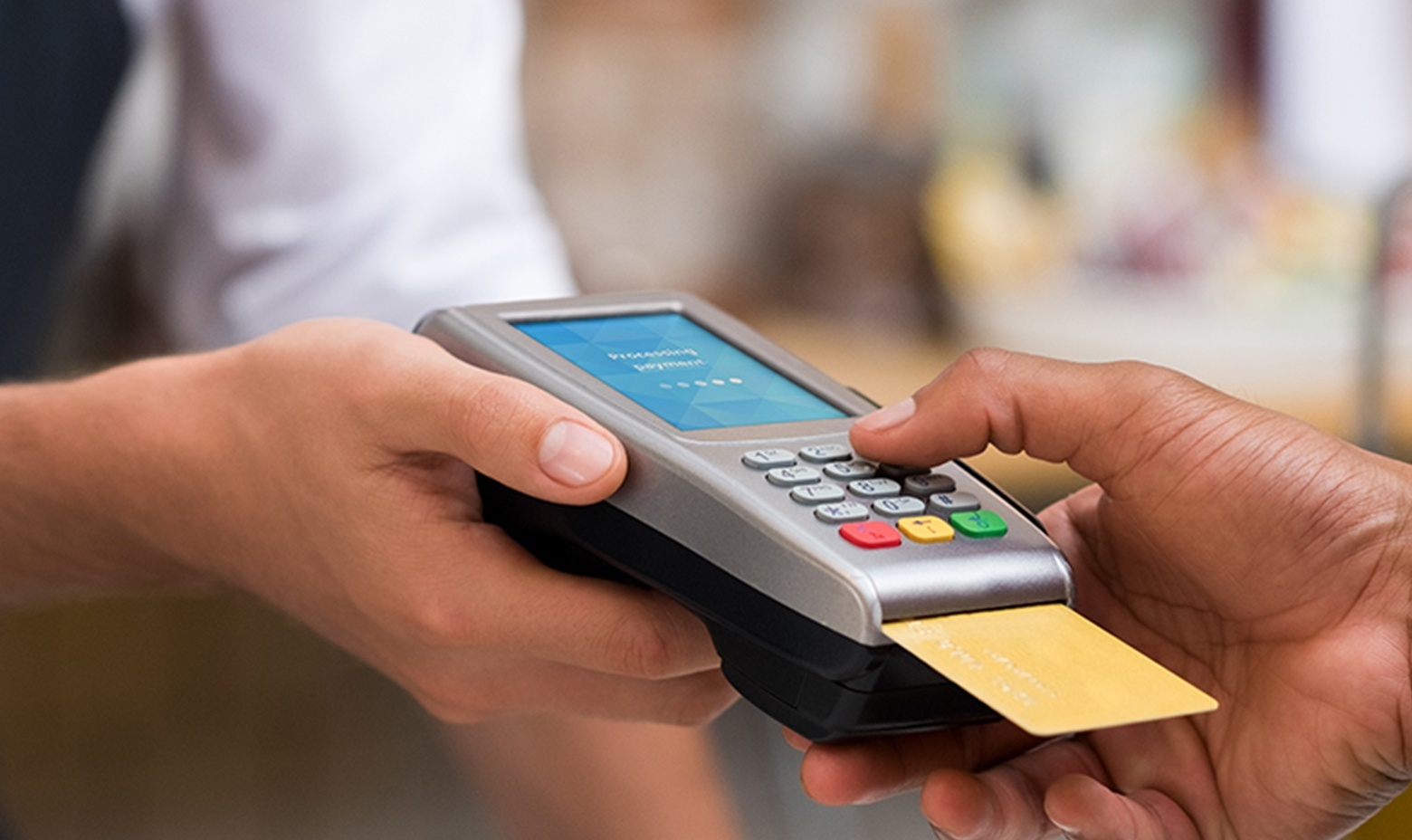

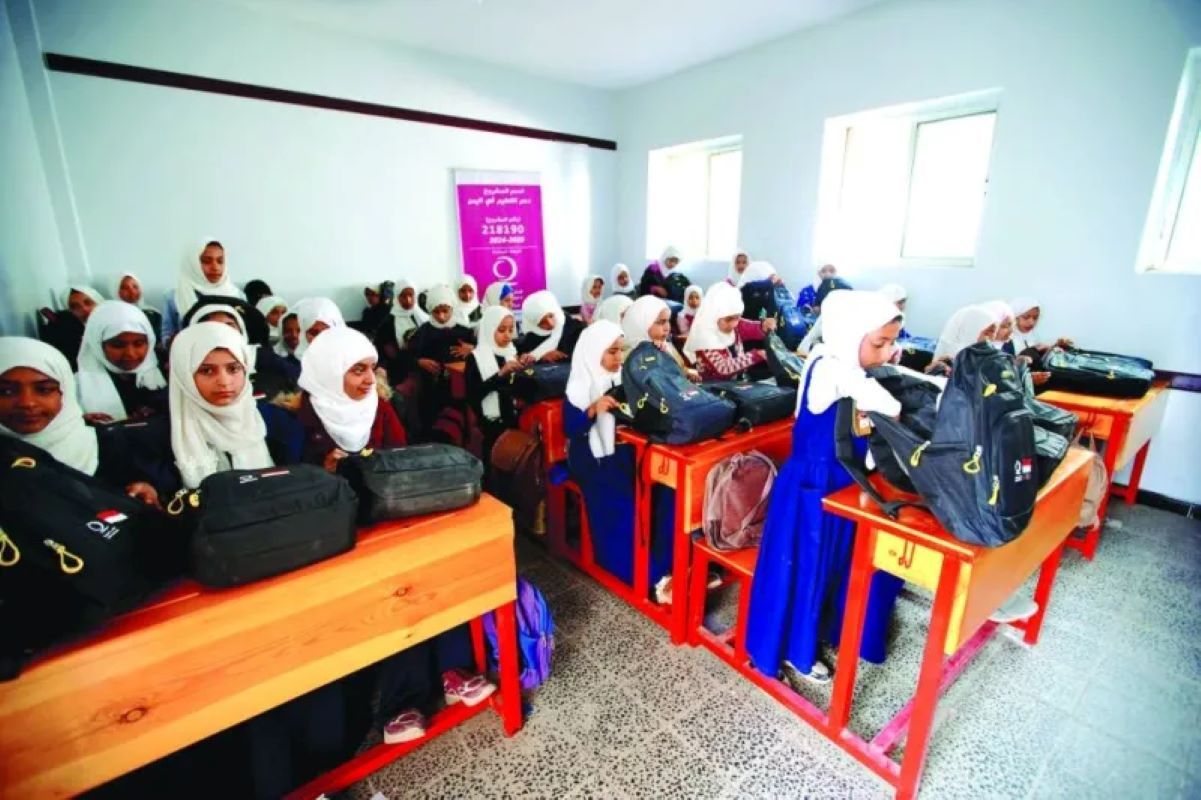

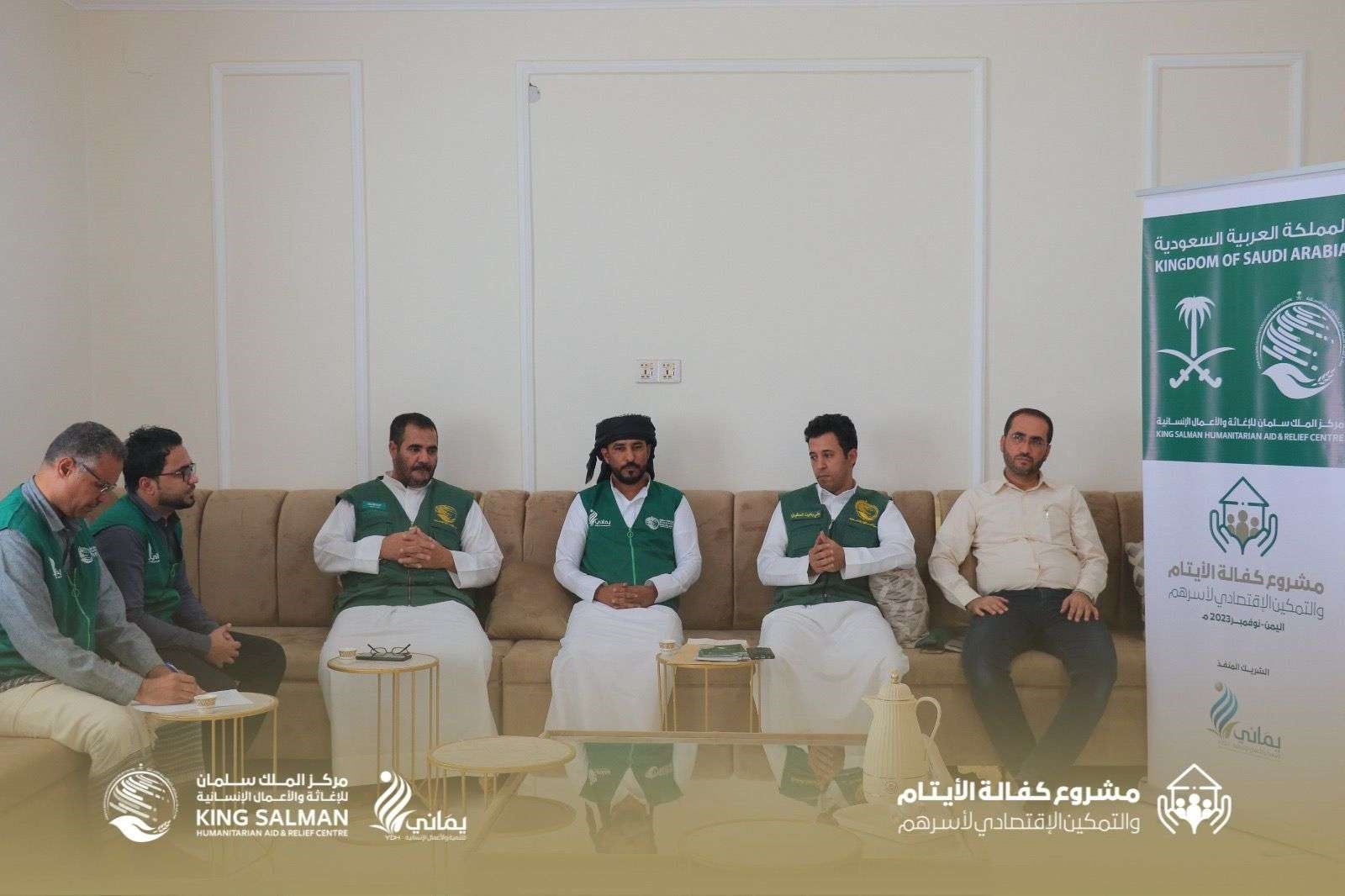

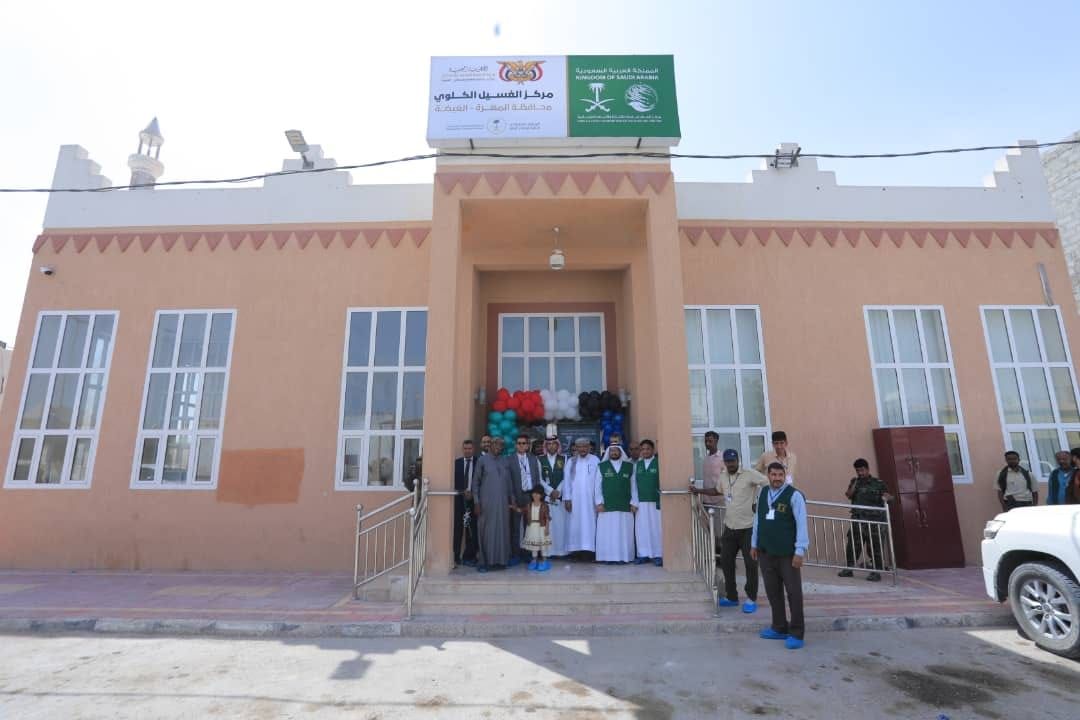

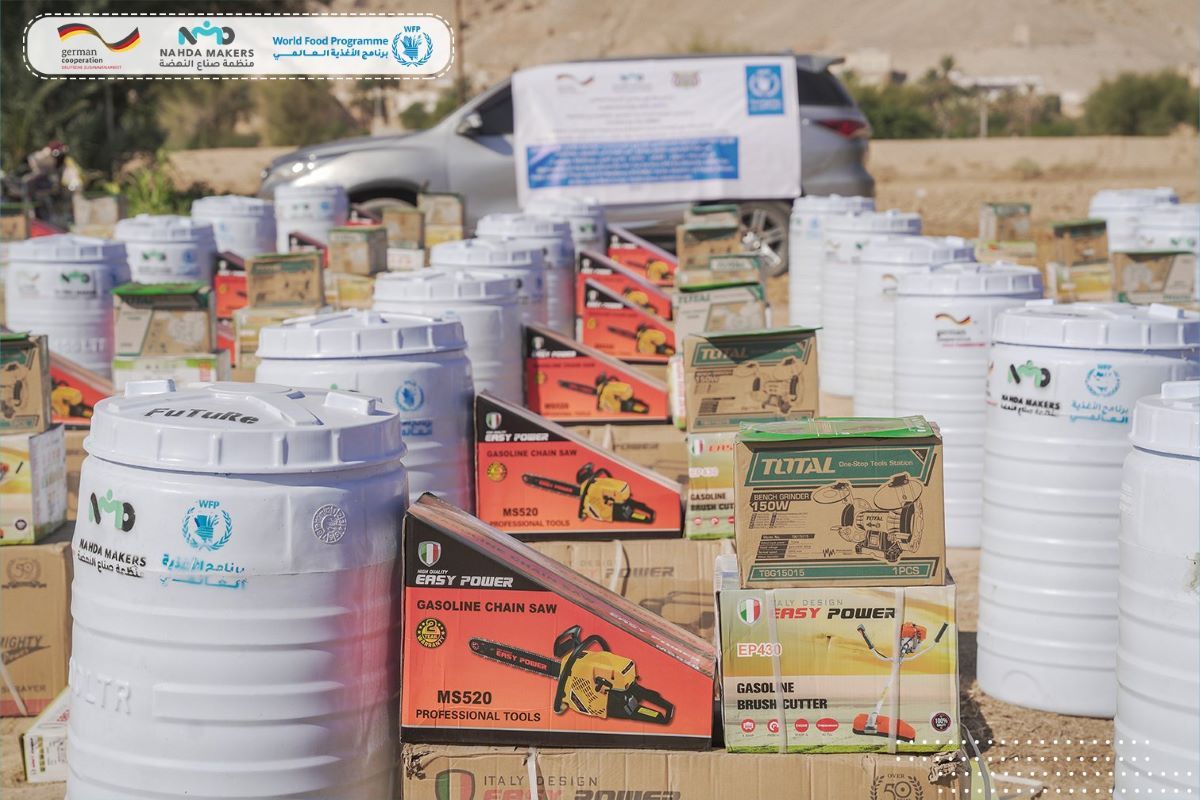
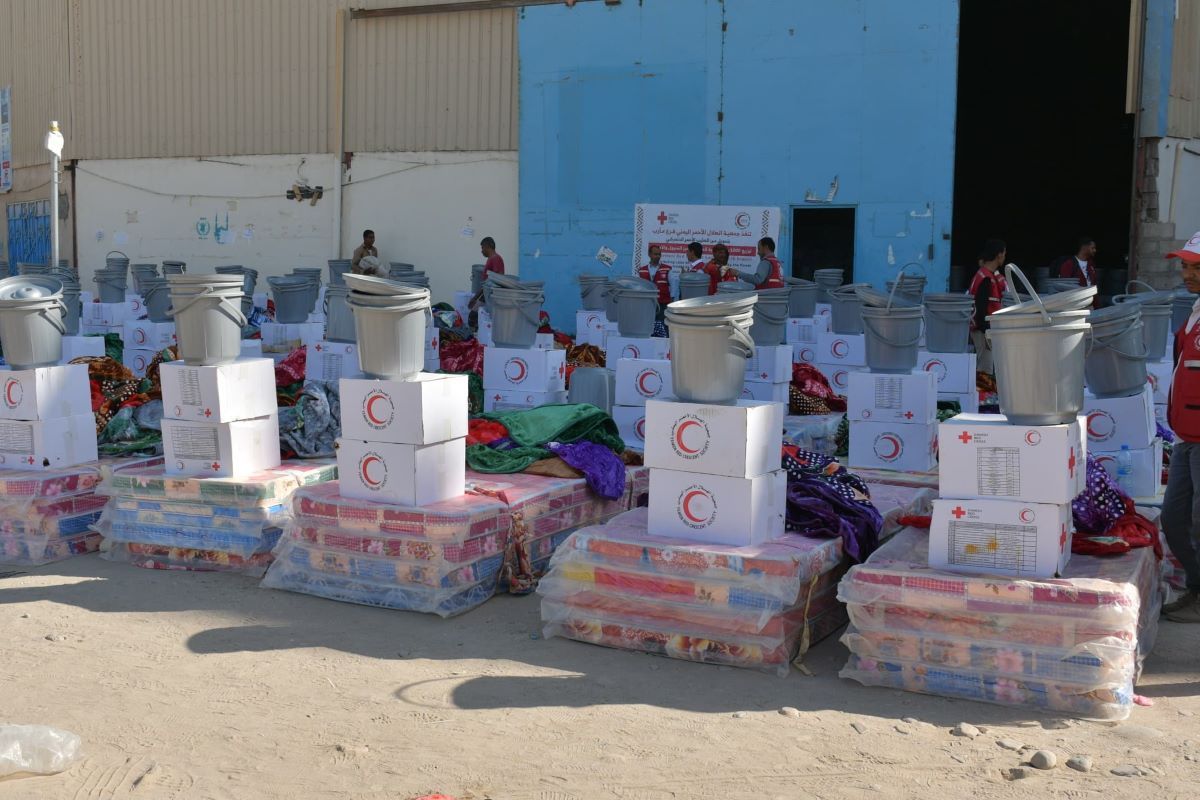




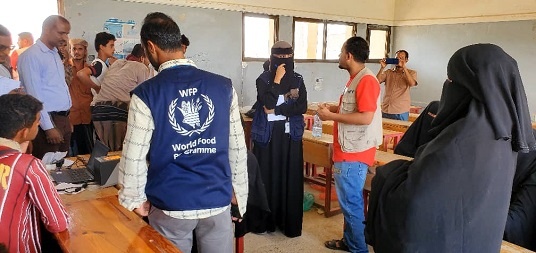
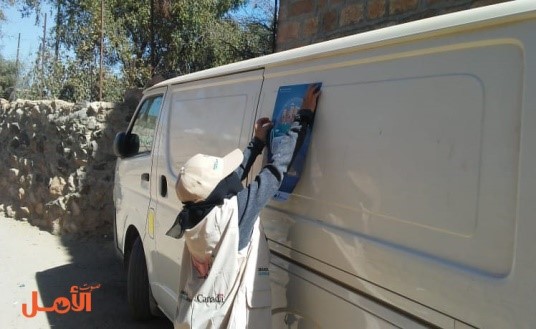
LEAVE A COMMENT